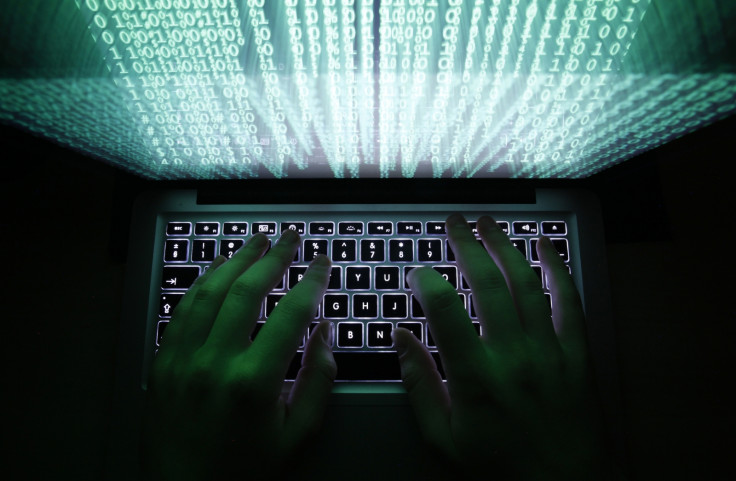Snooper's charter: GCHQ could be empowered to hack into devices worldwide - report
The controversial Investigatory Powers Bill or the snooper's charter, which will be reviewed by the House of Lords in the coming week, will reportedly provide security agencies with the licence to hack into electronic devices of an entire town anywhere in the world.
A Home Office document has disclosed the expansive hacking powers the legislature would grant the GCHQ. According to the document, security agencies will be licenced to access "bulk data" using "a range of techniques under existing legislation to acquire information in large volumes".
It further explained: "The Investigatory Powers Bill updates the legislation that allows the security and intelligence agencies to use bulk powers to counter threats to the UK. In doing this the Bill will clarify the law, unifying the powers in a single piece of legislation, and strengthen the safeguards which govern the security and intelligence agencies' collection and use of data."
The document also justified the use of bulk personal datasets (BPD) by outlining several case studies that showcased how intelligence agencies succeeding in deterring, identifying and analysing security threats. The description of BPD reads: "Bulk personal datasets comprise personal data relating to a number of individuals, the majority of whom are unlikely to be of intelligence interest."

One such case study outlined how all electronic gadgets can be hacked into by the GCHQ for national security purposes. The case study cited an example of a terrorist group planning an attack on Western tourists in a major town. "The Bill provides that bulk interception and bulk equipment interference warrants may only be issued where the main purpose of the activity is to acquire intelligence relating to individuals outside the UK.
"In some cases the UK can work with overseas partners but more often the individuals of intelligence interest are located in failed states, or where the UK has a limited or no physical presence. The use of interception and equipment interference is often the only way to support these investigations," the document stated.
Opposition to snooper's charter
The Home Office documents' revelations comes on the heels of the Liberal Democrats' intention to mount a firm challenge to the broad hacking and surveillance authority contained in the legislature, when it is laid out before the House of Lords on 27 June.
Lib Dems are of the opinion that the bill incorporates powers that are injudicious and excessive. They intend to "tear out the worst elements of the bill". Lib Dem spokesperson on the bill, Brian Paddick told the Guardian, "The reason why it is called the 'snooper's charter' is because it includes powers to store everyone's web browsing history for 12 months. Despite renaming it as 'internet connection records', that is exactly what it requires communications service providers to do."
The disclosures appear to corroborate the data storage issue brought up by the Lib Dems, a portion of which highlights, "It is inevitable that much of the data acquired using any of the bulk capabilities will not be of intelligence interest, because it is impossible to determine at the time of acquisition whether a particular piece of information will have intelligence value. The security and intelligence agencies will always focus and filter their collection as much as possible, on the basis of the most up-to-date assessment of the threats facing the UK. Data is held only as long as is necessary and proportionate."
The bill, once it reaches the House of Lords, will undergo further consideration, based on the independent analysis of David Anderson QC, after which, if approved, the legislature will come into effect by January 2017.
© Copyright IBTimes 2025. All rights reserved.






















